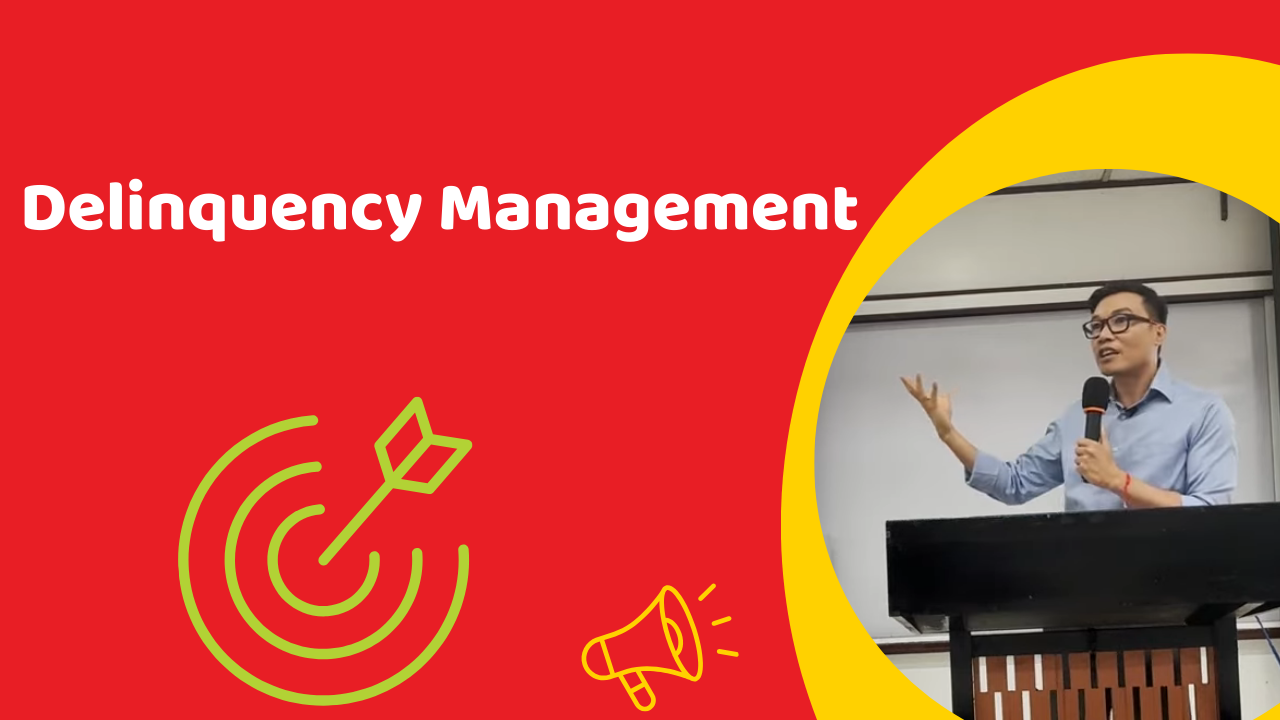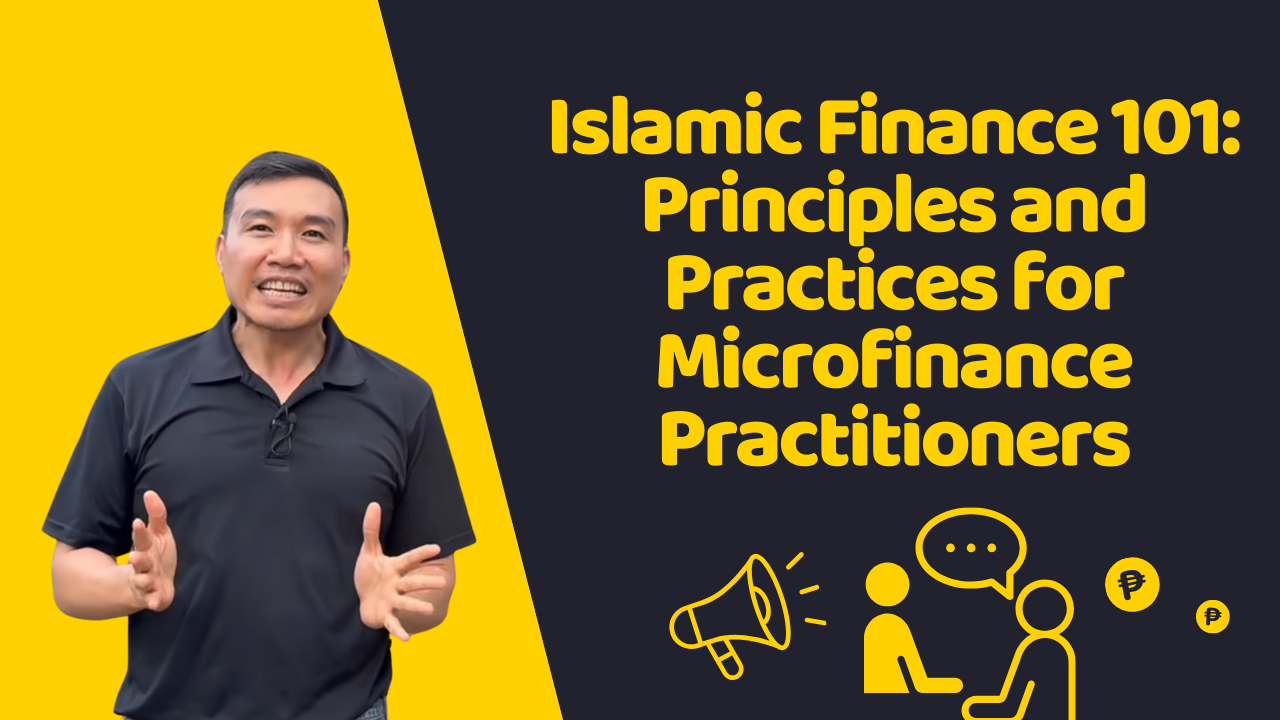Tag: capacity building
-

Delinquency Management
Ateneo de Manila-SEDPI NanoEnterprise Development Program(formerly the Ateneo Microfinance Capacity-Building Program) Course Objectives: Course Description: This course equips microfinance practitioners with essential tools and strategies to manage loan delinquency effectively. Participants will explore causes, costs, and borrower perspectives on repayment, learn key metrics like portfolio at risk, and apply loan classification and collection techniques. Gain actionable…
-

Islamic Finance 101: Principles and Practices for Microfinance Practitioners
Ateneo de Manila-SEDPI NanoEnterprise Development Program(formerly the Ateneo Microfinance Capacity-Building Program) Course Objectives: Course Description: Discover the foundations of Islamic finance and its applications in microfinance. This course covers Shari’ah-compliant principles, ethical finance practices, and practical tools for empowering communities. Gain insights into profit-sharing, risk-sharing, and asset-backed arrangements that prioritize fairness and community well-being, tailored for…
-
SEDPI management staff undergo knowledge and skills upgrade
In order to deliver its programs to eradicate poverty, SEDPI continues to invest in its people that emabke them to deliver excellence-driven and innovative products and services. Foray in socialized housing One of the major programs of SEDPI is socialized housing that aims to provide affordable and disaster-resilient houses to low income groups. It’s President,…
-
Strengthening farmer organizations Mindanao to alleviate poverty and accelerate peace process
Mindanao is considered one of the wealthiest islands in the Philippines in terms of natural resources. It boasts plenty of natural resources, producing 40% of the country’s food needs (OECD, 2013). Further, one-third of the island’s land area is considered agricultural (Francisco, 2017). Despite these considerable assets, the island has continuously been a place of…
-
LENDING A HAND, BUILDING CAPACITIES: SEDPI conducts trainings on product design and delinquency management with ARBOs
“We must all be solution-oriented,” said Florence Adviento, one of the trainers from SEDPI, at the beginning of the discussions. With the statement above as tone-setter, the Social Enterprises Development Partnerships Inc. (SEDPI) successfully conducted a 3-day series of trainings with 38 Agrarian Reform Beneficiaries Organizations (ARBOs) coming from provinces of Sarangani, Sultan Kudarat,…